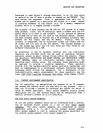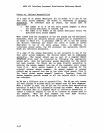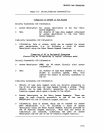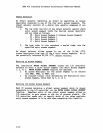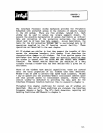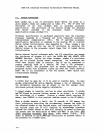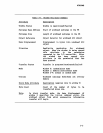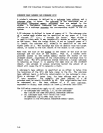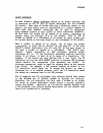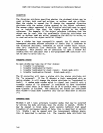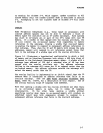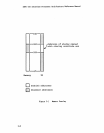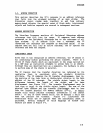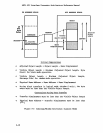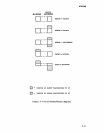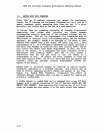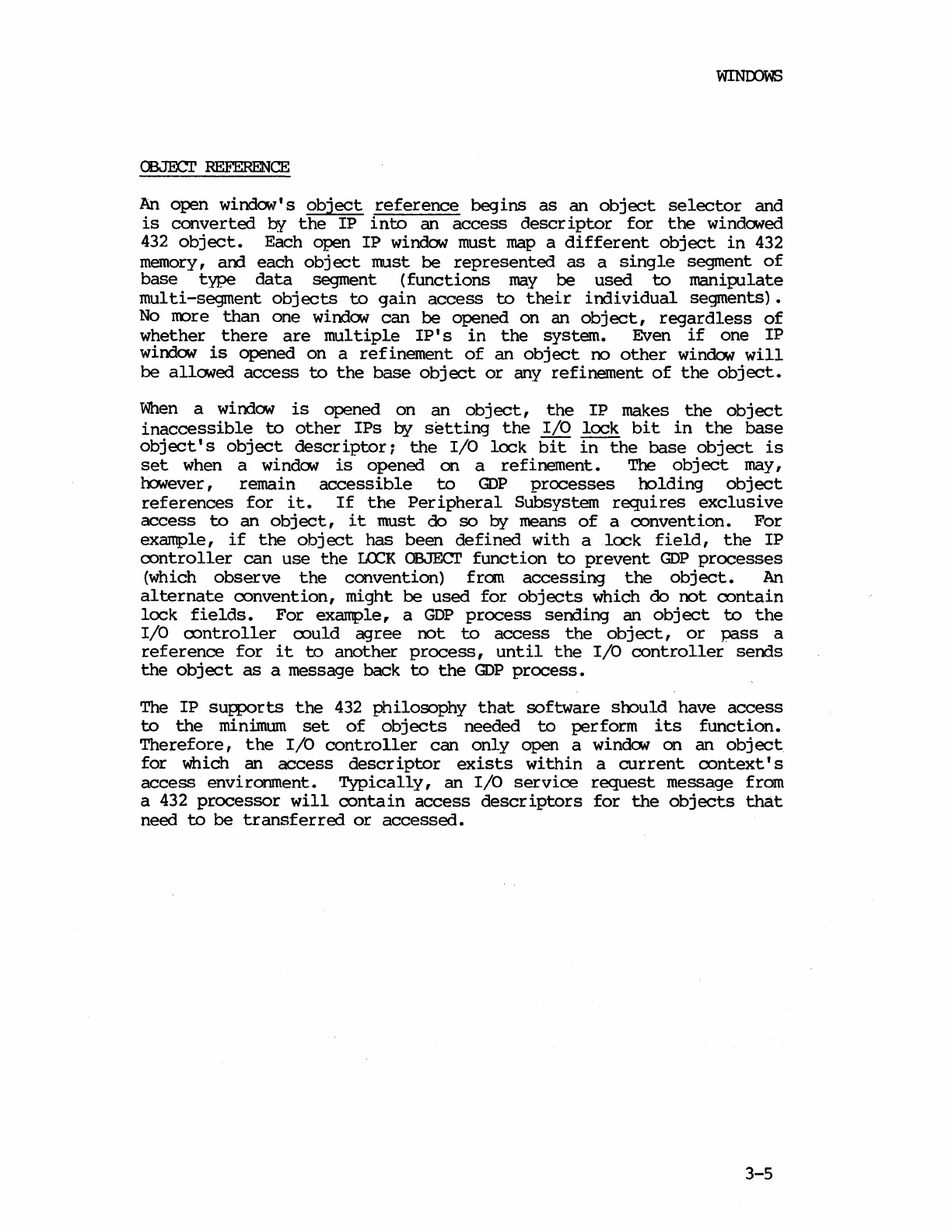
WINOOWS
<l3JECI'
REFERENCE
An open window's
object
reference
begins
as
an
object
selector
and
is
converted
by
the
IP
into
an
access
descriptor
for
the
windowed
432
object.
Each open
IP
window must
map
a
different
object
in
432
memory,
am
each
obj
ect
must
be
represented
as
a
sing
Ie
segment
of
base
type
data
segment
(functions
may
be
used
to
manipulate
multi-segment
objects
to
gain
access
to
their
individual
segments).
No
more
than
one window
can
be opened on an
object,
regardless
of
whether
there
are
multiple
IP'
s
in
the
system.
Even
if
one
IP
wirrlow
is
opened
on
a
refinement
of
an
object
no
other
window
will
be
allowed
access
to
the
base
object
or
any
refinement
of
the
object.
When
a window
is
opened
on
an
object,
the
IP
makes
the
object
inaccessible
to
other
IPs
by
setting
the
I/O
lock
bit
in
the
base
object's
object
descriptor;
the
I/O
lock
bit
in
the
base
object
is
set
when a window
is
opened on a
refinement.
The
obj
ect
may,
however, remain
accessible
to
GOP
processes
holding
object
references
for
it.
If
the
Peripheral
Subsystem
requires
exclusive
access
to
an
object,
it
must
do
so
by
means
of
a
convention.
For
example,
if
the
object
has
been
defined
with
a
lock
field,
the
IP
controller
can
use
the
LOCK
<l3JECI'
function
to
prevent
GOP
processes
(which
observe
the
convention)
from
accessing
the
object.
An
alternate
convention,
might
be
used
for
objects
which
do
not
contain
lock
fields.
For
example, a
GOP
process
sending
an
obj
ect
to
the
I/O
controller
could
agree
not
to
access
the
object,
or
pass
a
reference
for
it
to
another
process,
until
the
I/O
controller
sends
the
object
as
a message back
to
the
GOP
process.
The
IP
supports
the
432
philosophy
that
software
should
have
access
to
the
minimum
set
of
objects
needed
to
perform
its
function.
Therefore,
the
I/O
controller
can
only
open a winda-l on an
object
for
which an
access
descriptor
exists
within
a
current
context's
access
environment.
Typically,
an
I/O
service
request
message from
a 432
processor
will
contain
access
descriptors
for
the
objects
that
need
to
be
transferred
or
accessed.
3-5



